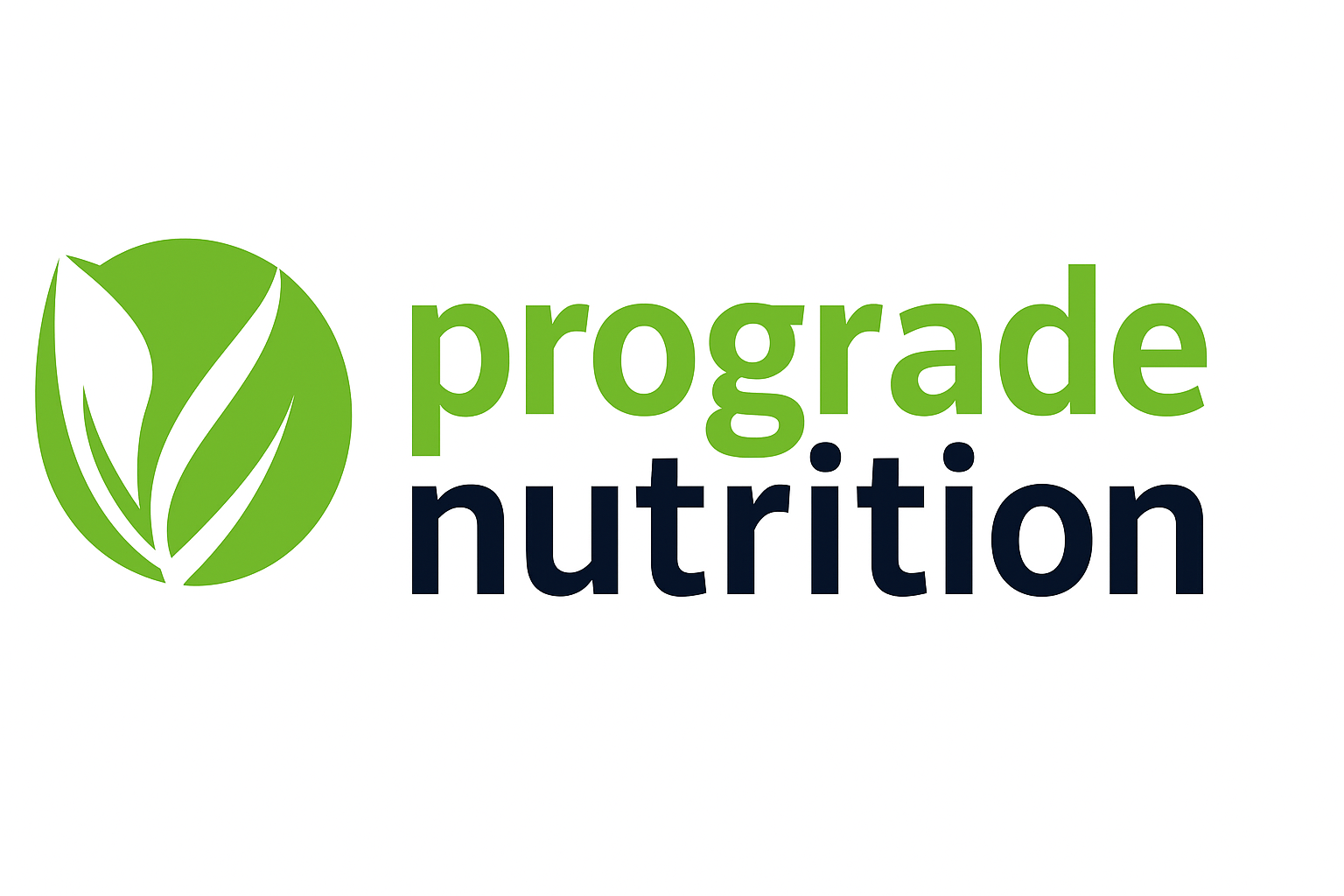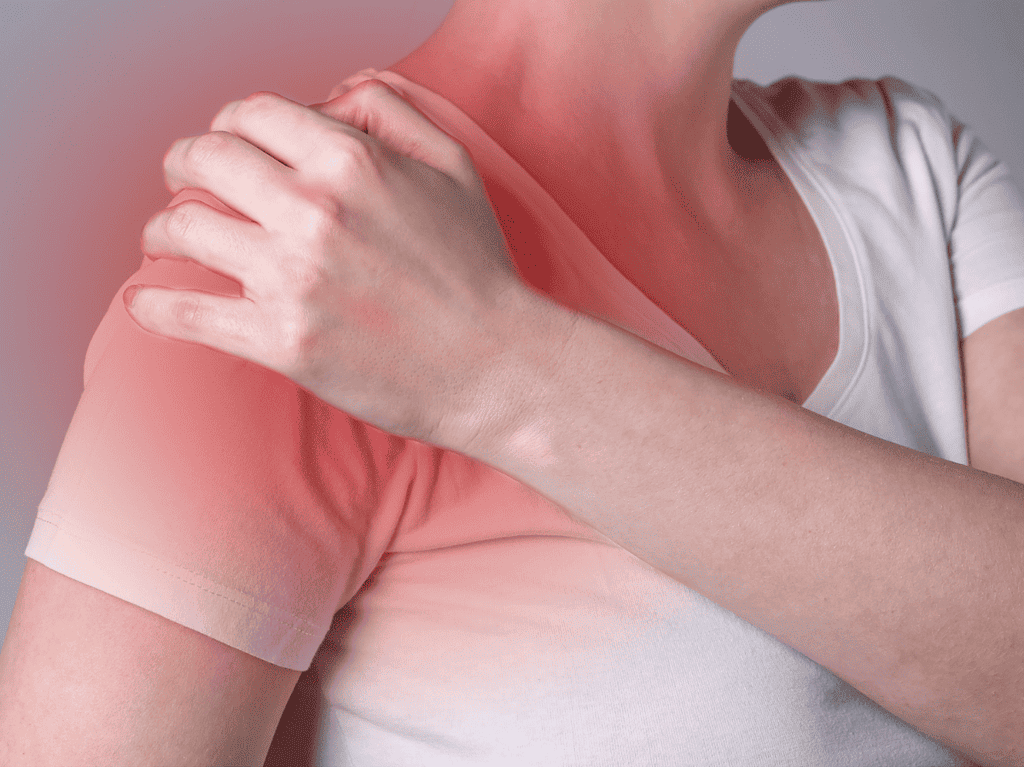Joint pain is no joke. It can make it hard to move, enjoy your hobbies, and even sleep. But did you know that your diet could be making it worse? Discover the top foods to avoid for joint pain and inflammation.
Ease Joint Pain: Key Foods to Avoid
Top 5 foods that can cause joint pain and trigger inflammation:
- Dairy
- Gluten
- Red Meat
- Nightshade Vegetables
- Coffee
Is Dairy Inflammatory?
Dairy: Dairy products can trigger inflammation, especially if the cows were grain-fed.
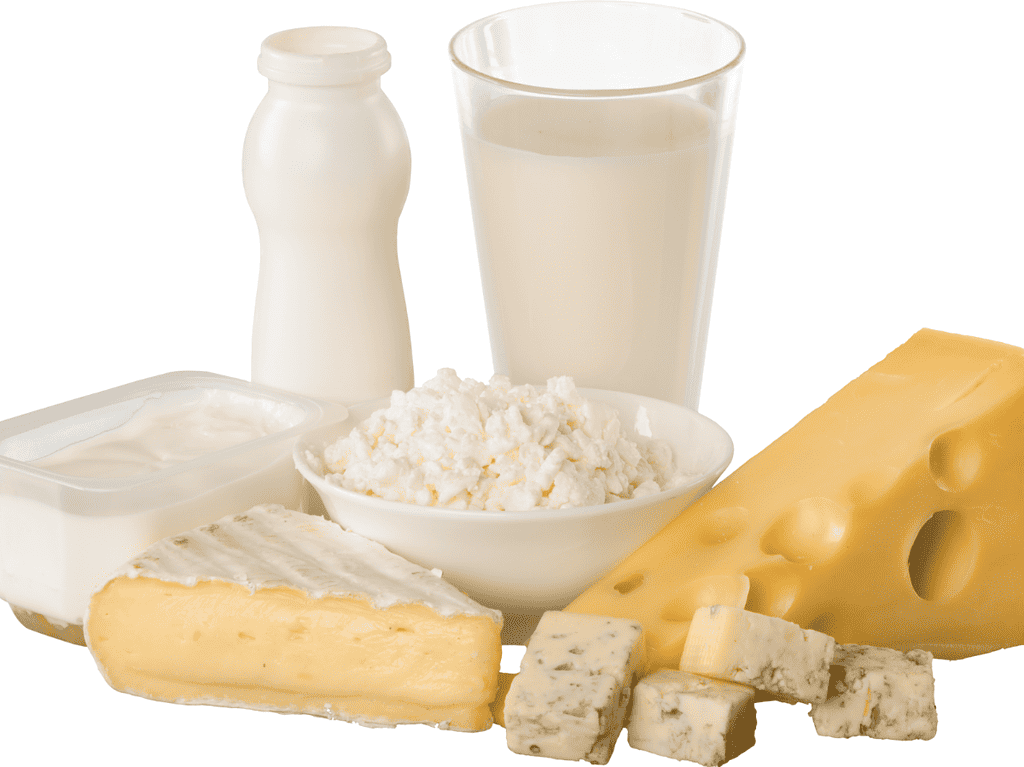
- Dairy products are a good source of calcium, protein, and vitamin D. These nutrients are essential for bone health.
- However, some dairy products, such as cheese and butter, are high in saturated fat. Saturated fat can increase inflammation, which can contribute to joint pain.
- Dairy products also contain a protein called casein. Casein can trigger inflammation in some people.
- If you are experiencing joint pain, you may want to limit your intake of dairy products, especially if they are high in saturated fat or casein.
- There are many other good sources of calcium, protein, and vitamin D, such as leafy green vegetables, nuts, and seeds.
If you are considering eliminating dairy products from your diet, it is important to talk to your doctor first. Dairy products can be a good source of nutrients, and they may be especially important for people with certain health conditions, such as osteoporosis.
Here are some tips for reducing your intake of dairy products:
- Choose low-fat or fat-free dairy products.
- Choose dairy products that are made from grass-fed cows. Grass-fed cows produce milk that is lower in saturated fat and higher in omega-3 fatty acids.
- Eat more plant-based sources of calcium, protein, and vitamin D.
If you do decide to eliminate dairy products from your diet, it is important to make sure that you are still getting enough of the nutrients that are found in dairy. You can do this by eating a variety of plant-based foods, such as:
- Leafy green vegetables, such as kale, broccoli, and spinach
- Nuts and seeds, such as almonds, walnuts, and chia seeds
- Tofu and tempeh
- Fortified cereals and milk alternatives
With a little planning, it is possible to get all the nutrients you need without dairy products.
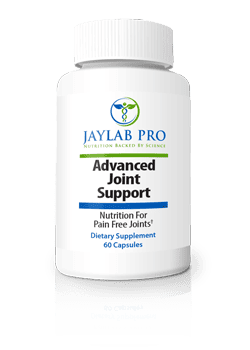

Gluten and Inflammation
Gluten: Gluten can also cause inflammation, especially in people with gluten sensitivity or celiac disease.
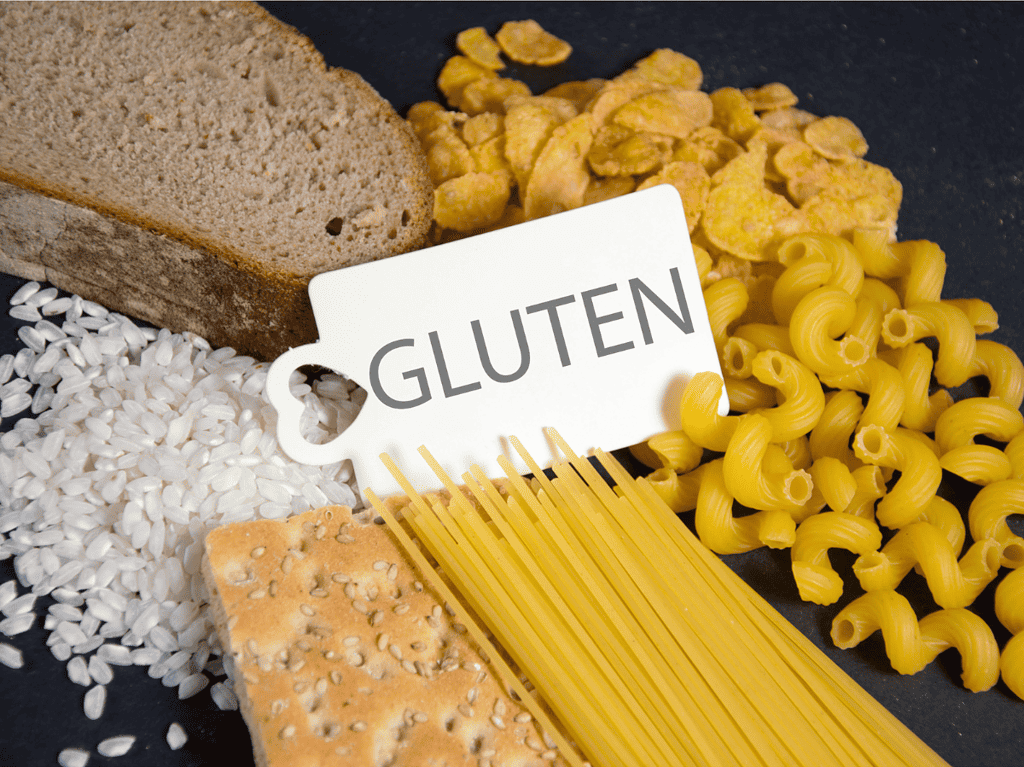
- Gluten is a protein found in wheat, barley, and rye. It is what gives these grains their elasticity and binding properties.
- Gluten is not harmful for most people. However, some people have an autoimmune condition called celiac disease, which is triggered by gluten.
- In people with celiac disease, gluten damages the lining of the small intestine, which can lead to nutrient deficiencies, weight loss, and other health problems.
- People with non-celiac gluten sensitivity (NCGS) also experience symptoms when they eat gluten, but they do not have celiac disease. The symptoms of NCGS can vary from person to person and can include bloating, gas, diarrhea, fatigue, and headaches.
- There is no cure for celiac disease or NCGS, but the symptoms can be managed by following a gluten-free diet.
- A gluten-free diet is a diet that excludes all foods that contain gluten. This includes wheat, barley, rye, and any products made with these grains.
- There are many gluten-free foods available on the market, and it is becoming easier to find gluten-free options at restaurants.
If you are considering going gluten-free, it is important to talk to your doctor first. They can help you make sure that you are getting the nutrients you need and that you are not at risk for any nutrient deficiencies.
Here are some tips for following a gluten-free diet:
- Read food labels carefully. Many foods that you would not expect to contain gluten, such as soy sauce and salad dressing, can actually contain gluten.
- Ask questions when you are eating out. Many restaurants do not have gluten-free menus, so it is important to ask about the ingredients in the food.
- Be prepared to cook at home. It can be difficult to find gluten-free options at restaurants, so it is helpful to know how to cook gluten-free meals at home.
Following a gluten-free diet can be challenging, but it is possible to do it with a little planning and effort. If you are experiencing symptoms that you think may be related to gluten, talk to your doctor about getting tested for celiac disease or NCGS.


Does Red Meat Cause Inflammation?
Red Meat: Red meat is high in saturated fat, which can contribute to inflammation.
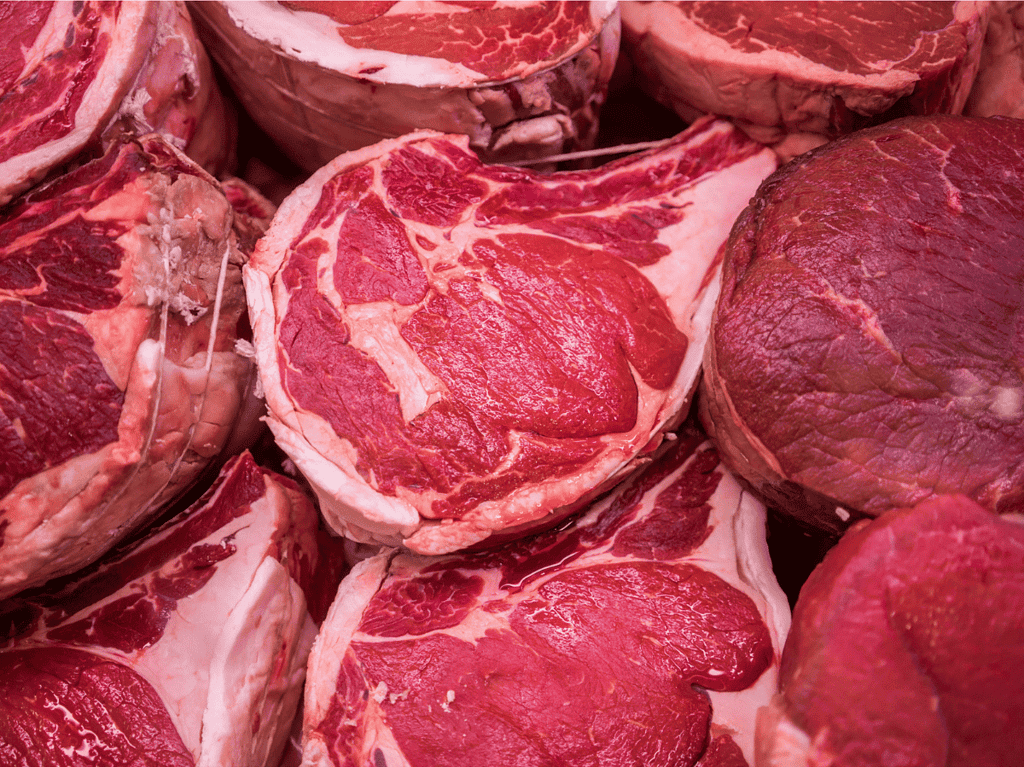
- Red meat is a good source of protein, iron, and other nutrients. However, it is also high in saturated fat. Saturated fat can increase inflammation, which can contribute to joint pain, heart disease, and other health problems.
- The type of red meat also matters. Grass-fed beef is lower in saturated fat and higher in omega-3 fatty acids than grain-fed beef. Omega-3 fatty acids have anti-inflammatory properties.
- Processed meats, such as bacon, sausage, and hot dogs, are even worse for inflammation. They are high in saturated fat and sodium, and they contain nitrates and nitrites, which have been linked to cancer.
If you are concerned about inflammation, it is best to limit your intake of red meat, especially processed meats. You can still get the nutrients you need from other sources, such as poultry, fish, beans, and lentils.
Here are some tips for reducing your intake of red meat:
- Choose lean cuts of meat.
- Eat smaller portions of meat.
- Cook meat in healthy ways, such as grilling or baking.
- Eat more plant-based protein sources, such as beans, lentils, and tofu.
- If you do decide to eat red meat, it is important to choose lean cuts and cook them in healthy ways. You should also limit your intake of processed meats. By following these tips, you can reduce your risk of inflammation and improve your overall health.
Here are some additional studies that support the link between red meat and inflammation:
- A study published in the journal “The American Journal of Clinical Nutrition” found that people who ate the most red meat had higher levels of inflammation markers than people who ate the least red meat.
- A study published in the journal “Circulation” found that people who ate the most processed meat had a higher risk of developing heart disease than people who ate the least processed meat.
- A study published in the journal “Cancer Epidemiology, Biomarkers & Prevention” found that people who ate the most red meat had a higher risk of developing colorectal cancer than people who ate the least red meat.
These studies suggest that eating too much red meat can increase your risk of inflammation, heart disease, and cancer. If you are concerned about your health, it is best to limit your intake of red meat.


Which Nightshade Vegetables to Avoid for Inflammation
Nightshade Vegetables: Nightshade vegetables, such as eggplants, tomatoes, peppers, and potatoes, contain solanine, which can trigger inflammation in some people.
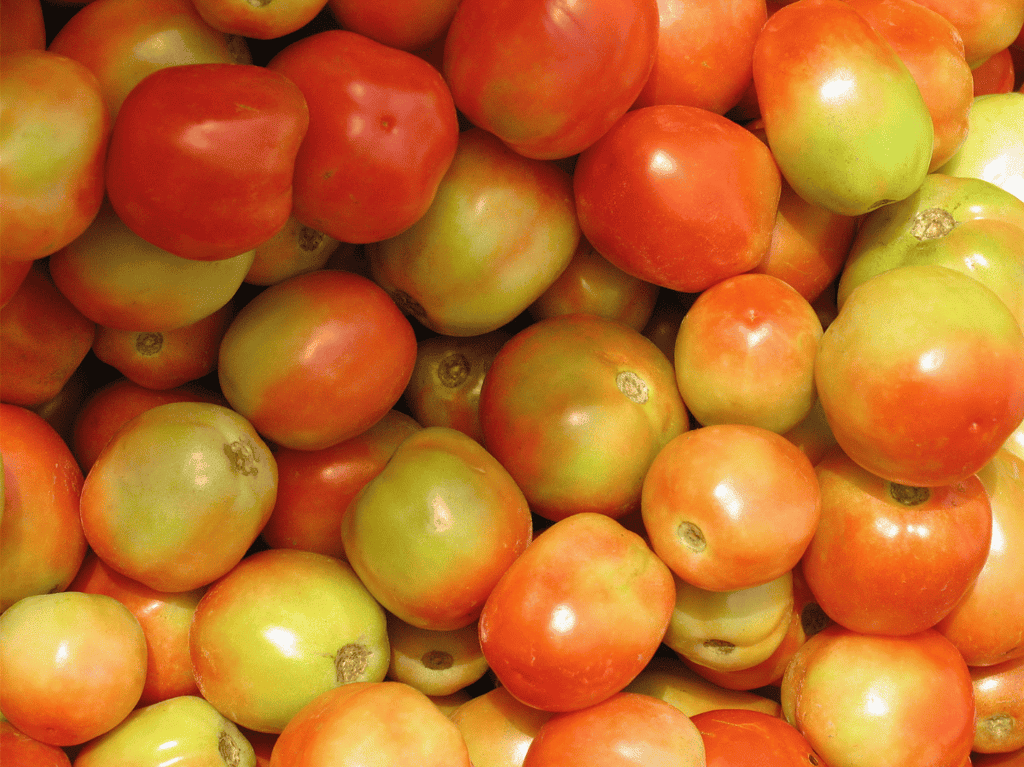
- Nightshade vegetables are a group of plants that includes tomatoes, potatoes, eggplants, peppers, and tomatillos. They contain a compound called solanine, which can have anti-inflammatory properties.
- However, some people believe that nightshade vegetables can trigger inflammation in people with certain conditions, such as arthritis or inflammatory bowel disease.
- There is some evidence to support this claim. A study published in the journal “Arthritis & Rheumatism” found that people with rheumatoid arthritis who ate nightshade vegetables had more pain and stiffness than people who did not eat nightshade vegetables.
- However, other studies have not found a link between nightshade vegetables and inflammation. A study published in the journal “Nutrition Reviews” found that there was no evidence that nightshade vegetables caused inflammation in people with rheumatoid arthritis.
If you are concerned about the effects of nightshade vegetables on your health, it is best to talk to your doctor. They can help you decide whether or not to avoid these vegetables.
Here are some tips for managing inflammation if you do choose to eat nightshade vegetables:
- Cook the vegetables thoroughly. Cooking can help to break down the solanine content.
- Choose ripe vegetables. Ripe vegetables have lower levels of solanine.
- Avoid green potatoes. Green potatoes contain the highest levels of solanine.
- Listen to your body. If you experience any negative symptoms after eating nightshade vegetables, stop eating them.
Ultimately, the decision of whether or not to eat nightshade vegetables is a personal one. There is no right or wrong answer. It is important to weigh the potential risks and benefits and make the decision that is best for you.
Does Coffee Cause Inflammation?
Coffee: Caffeine can weaken bones, which can lead to joint pain.
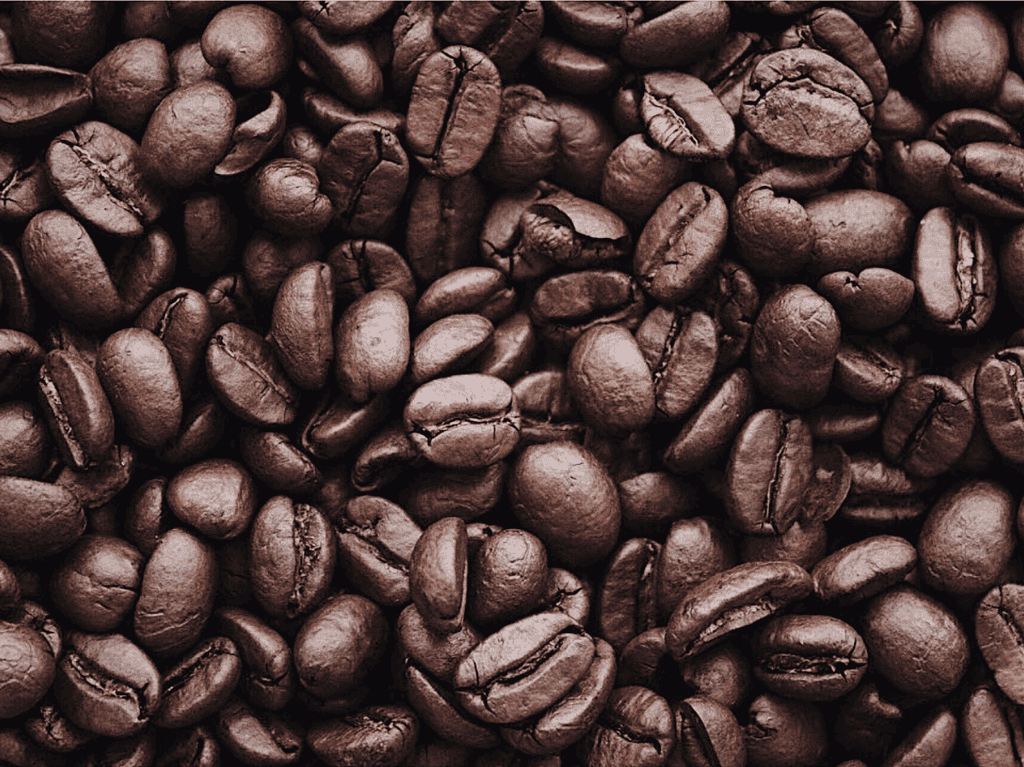
- Coffee is a popular beverage that is enjoyed by millions of people around the world. It contains caffeine, a stimulant that can increase alertness and improve cognitive function.
- Coffee also contains antioxidants, which can help protect the body from damage caused by free radicals. Free radicals are unstable molecules that can damage cells and tissues, leading to inflammation.
- Some studies have shown that coffee consumption may be associated with lower levels of inflammation. For example, a study published in the journal “The American Journal of Clinical Nutrition” found that people who drank coffee had lower levels of C-reactive protein, a marker of inflammation.
- However, other studies have not found a clear link between coffee consumption and inflammation. For example, a study published in the journal “Nutrition Reviews” found that there was no association between coffee consumption and levels of inflammatory markers.
The evidence on the relationship between coffee and inflammation is mixed. More research is needed to determine whether coffee consumption has a beneficial or harmful effect on inflammation.
Here are some things to keep in mind when considering the effects of coffee on inflammation:
- The amount of coffee you drink matters. Studies have shown that moderate coffee consumption (3-4 cups per day) may be associated with lower levels of inflammation, while high coffee consumption (5+ cups per day) may be associated with higher levels of inflammation.
- The type of coffee you drink matters. Studies have shown that unfiltered coffee, such as coffee brewed with a French press, may have more beneficial effects on inflammation than filtered coffee.
- Your individual genetics may also play a role. Some people may be more sensitive to the effects of coffee on inflammation than others.
If you are concerned about the effects of coffee on your health, it is best to talk to your doctor. They can help you decide whether or not coffee is right for you.
How to Reduce Joint Pain
If you’re experiencing joint pain, the best way to reduce it is to make changes to your diet. Here are a few tips:
- Avoid the foods on the list above.
- Eat more fruits, vegetables, and whole grains.
- Drink plenty of water.
- Get regular exercise.
- Manage stress.
By following these tips, you can reduce your joint pain and improve your overall health.
Imagine this…
Pain-free golfing. Cycling without creaking. Gardening without groaning.
It’s possible! By making changes to your diet, you can reduce your joint pain and enjoy a more active lifestyle.
So what are you waiting for?
Revamp your menu and start feeling better today!
Choose wisely. Live actively.
Resources
Foods to Avoid for Joint Pain and Inflammation
Arthritis Foundation
Website: https://www.arthritis.org/
They often provide guidance on foods and diets that can exacerbate or alleviate symptoms of arthritis and joint pain.
Harvard Health Publishing
Website: https://www.health.harvard.edu/
This site regularly publishes articles on the impact of different foods and diets on various health conditions, including inflammation and joint pain.
Mayo Clinic
Website: https://www.mayoclinic.org/
Mayo Clinic provides detailed insights into various health conditions and the effects of diet on them, which could include foods that may cause joint pain.
Celiac Disease Foundation
Website: https://celiac.org/
Detailed information on gluten, celiac disease, and non-celiac gluten sensitivity can be found here. They might offer insights into how gluten affects certain individuals.
National Institutes of Health (NIH) – PubMed
Website: https://pubmed.ncbi.nlm.nih.gov/
PubMed is a vast database of scientific studies. You can search for studies related to the effects of certain foods on joint pain or inflammation.
